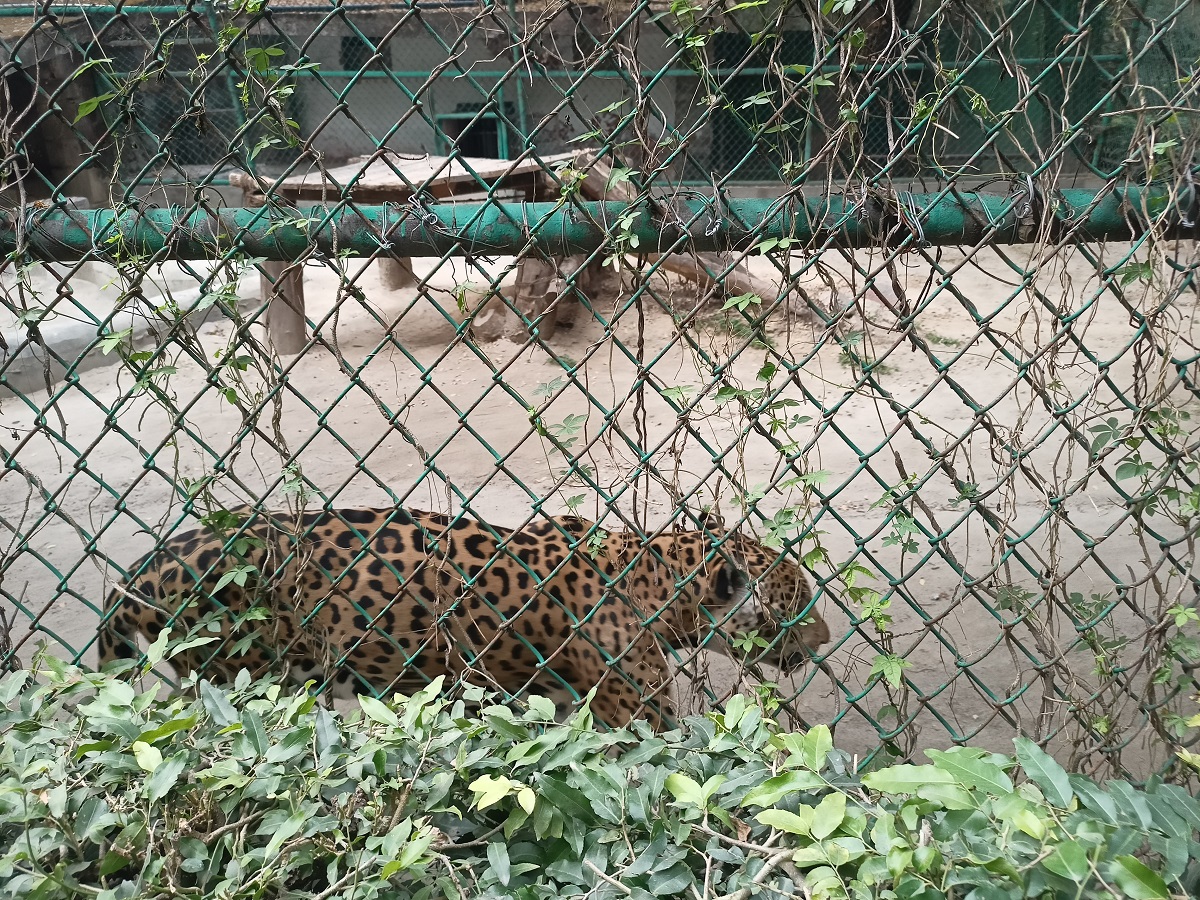The National Zoological Park, also known as the Delhi Zoo or the Zoological Garden, is nestled close to the historical Purana Quila. The zoo, spread over an area of about 176 acres, is home to more than 1000 animals, including birds, reptiles, and mammals. Herbivorous to carnivorous animals from across the country and the world can be found here, offering visitors a glimpse of the diverse wildlife.
As winter arrives, the National Zoological Park becomes a popular spot where people spend their days with friends and family. Visitors come to witness the vibrant wildlife, from the famous White Tiger to the giant elephants. However, during winter, Delhi faces challenges due to air pollution.
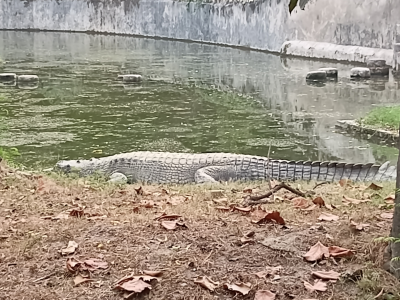
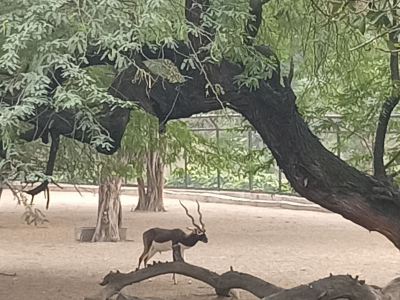
According to the Air Quality Index, the air in the national capital has deteriorated further after Diwali, necessitating extra care and attention for the animals inside the zoo.
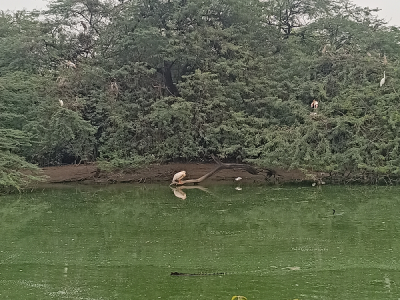


When asked how the authority deals with this situation, Akanksha Mahajan, Director of the National Zoological Park, said, “Water is frequently sprinkled in the park to maintain the hydration level of the animals. The park is covered with greenery, preventing harmful gases from entering the Zoological Park. Additionally, multivitamins and a healthy diet are provided to strengthen the animals’ immune systems.”
Patriot was surprised to find a huge number of visitors at the zoo during a visit on a weekday.
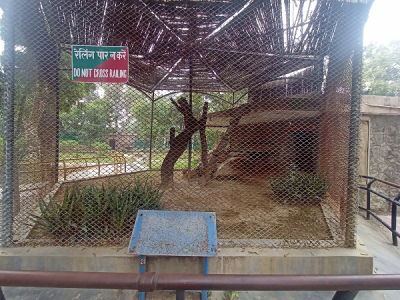

When asked whether the number of visitors at the zoo has changed, Mahajan said, “There is no decrease in the number of visitors; in fact, many people visit the zoo during this time, seeking fresh air, which is available here to some extent. We invite visitors to explore the vibrant wildlife sanctuary and experience moments of peace with nature.”

